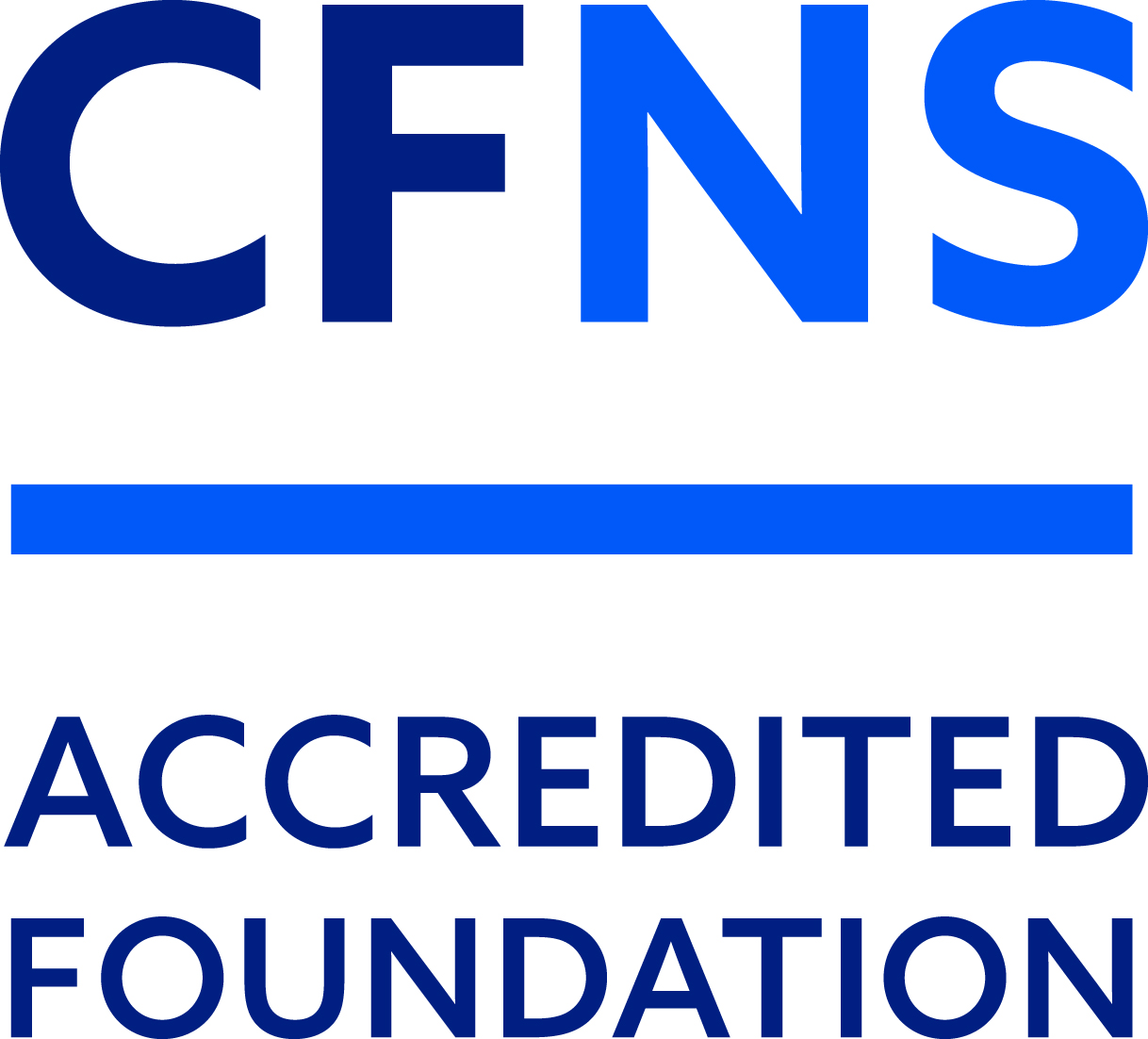The necessity of social capital
Excerpt from the book Bowling Alone by Robert Putnam
The key to community growth has been around for centuries...
In recent years social scientists have framed concerns about the changing character of American society in terms of the concept of social capital.
By analogy with notions of physical capital and human capital – tools and training that enhance individual productivity – the core idea of social capital theory is that social networks have value. Just as a screwdriver (physical capital) or a college education (human capital) can increase productivity (both individual and collective), so too social contacts affect the productive of individuals and groups.
Social capital refers to connections among individuals – social networks and the norms of reciprocity and trustworthiness that arise from them. In that sense social capital is closely related to what some have called civic virtue. The difference is that social capital calls attention to the fact that civic virtue is most powerful when embedded in a dense network of reciprocal social relations. A society of many virtuous but isolated individuals is not necessarily rich in social capital.
Social capital calls attention to the ways in which our lives are made more productive by social ties.
The individual is helpless socially, if left alone. If he comes into contact with his neighbor, and they with other neighbors, there will be an accumulation of social capital, which may immediately satisfy his social needs and which may bear a social potentiality sufficient to the substantial improvement of living conditions in the whole community.
The community as a whole will benefit from the cooperation of all its parts, while the individual will find in his associations the advantages of the help, sympathy and the fellowship of his neighbors.
Brady Groves, President


